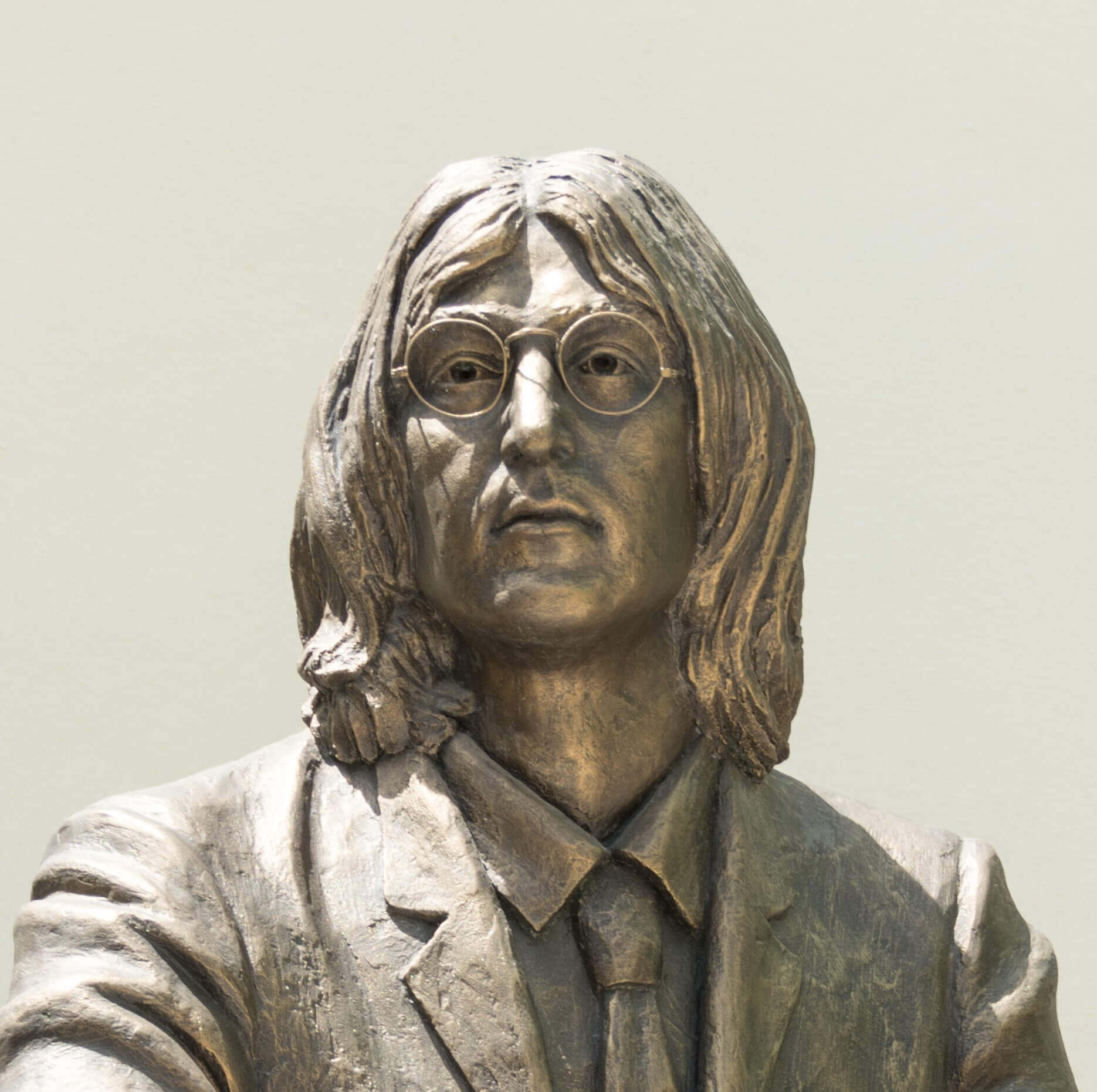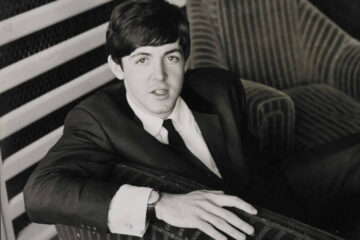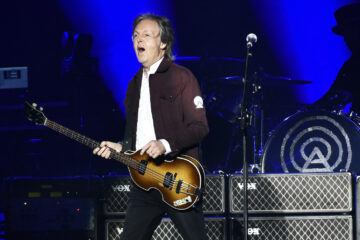John Lennon‘s “Imagine” has plenty of social themes. John played “Imagine” for a pair of communist activists before the rest of the world got to hear it. Subsequently, one of the communists discussed someone who significantly influenced John’s views.
An activist joked John Lennon’s ‘Imagine’ would please a communist committee
John was interviewed by communist activists Tariq Ali and Robin Blackburn for the magazine Red Mole. That magazine was controlled by the now-defunct International Marxist Group and supported causes like feminism and Irish republicanism. In a 2010 article for The Guardian, Ali discussed his friendship with John. “We stayed in touch and talked to each other a great deal,” he wrote. “He invited Blackburn and myself over when ‘Imagine’ was being composed.
“I vividly remember him singing it at the kitchen table in Tittenhurst and then looking at us inquiringly,” Ali added. “‘The politburo approves this one,’ I joked.” For context, a politburo is a communist party’s executive committee.
Tariq Ali said the album ‘Imagine’ was mostly ‘radical in the broad sense of the word’
Ali revealed his reaction to the album Imagine. “Later, the LP arrived and most of the songs in it were radical in the broad sense of the word (as was ‘Working Class Hero’ from his previous album [John Lennon/Plastic Ono Band]),” Ali opined. “‘Imagine,’ the utopian hymn, written during his most radical phase, was never repudiated and while he may have regretted some of his actions and remarks in the 1970s, that song continued to represent his political hopes.”
Ali discussed Yoko Ono’s influence on her husband. “What has often been underestimated is the radical influence that Yoko Ono represented in both art and politics,” he recalled. “She had a huge impact on his ideas and, even in the late ’70s, told him off in public for being too dismissive of his radicalism.”
Yoko Ono explained why ‘Imagine’ was more popular than ‘John Lennon/Plastic Ono Band’
The book Lennon on Lennon: Conversations With John Lennon features an interview from 1972. In it, Yoko contrasted John’s albums Imagine and John Lennon/Plastic Ono Band. She said the latter focused on problems with songs like “Working Class Hero” and “God.” In her opinion, audiences didn’t want to hear anything like that.
On the other hand, she said Imagine was far more popular because the songs were more sugarcoated. According to Yoko, The Beatles were popular because their songs made fans feel like everything was going to be alright. She hoped audiences would mature so that they’d be able to digest tunes by George Harrison and John that tackled important issues. Despite this, she wasn’t surprised that Imagine was more popular than John Lennon/Plastic Ono Band because Imagine was sweet.
John was friendly with communist activists — but it was Yoko who deeply influenced his radical views.



